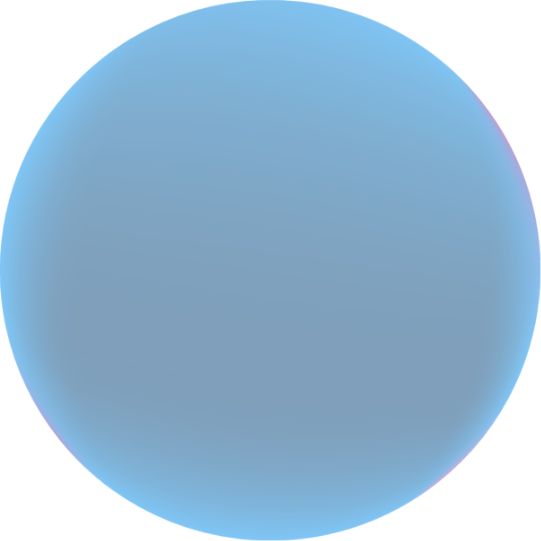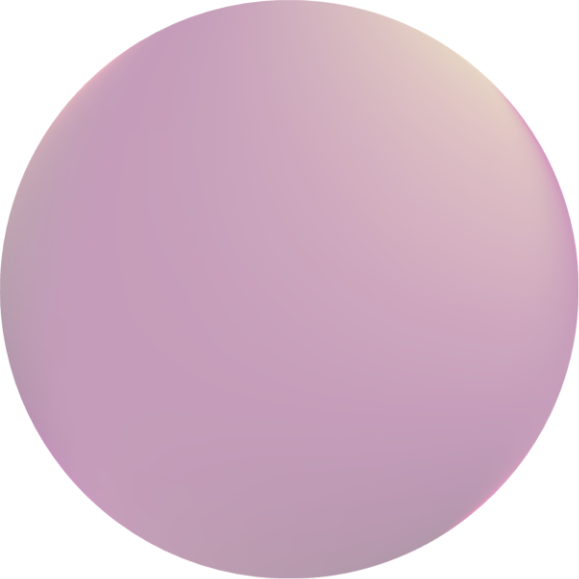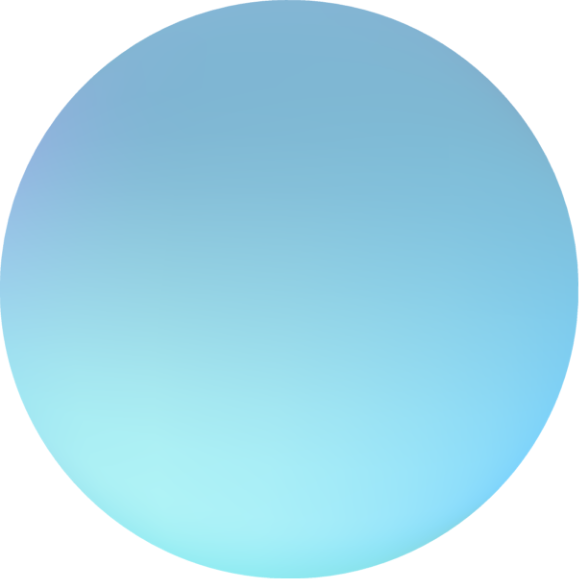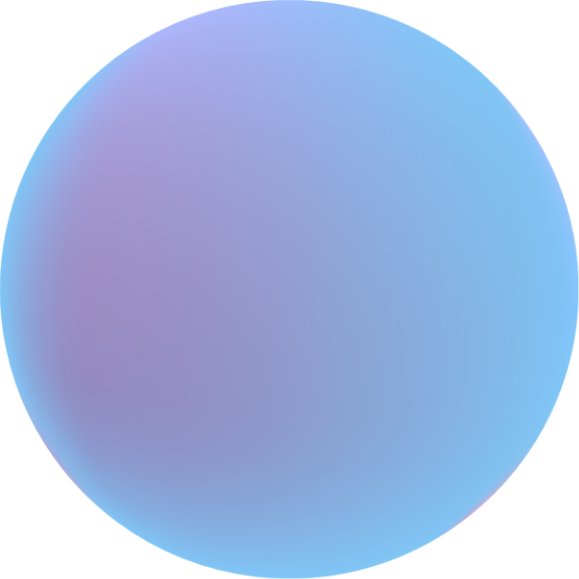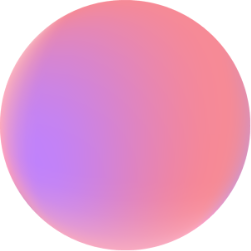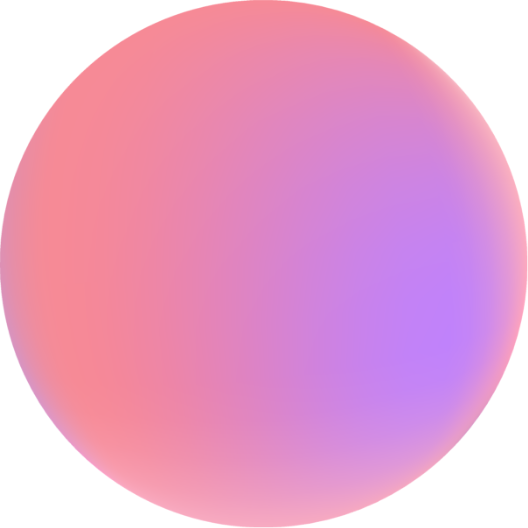
Prof. Ofer Lider
|
1955
-
2004
Ofer Lider began his PhD in 1983 in the Department of Immunology at the Weizmann Institute of Science, despite having recently been diagnosed with leukemia (CML). He completed his degree in the laboratory of Irun Cohen in 1987 and went on to a post-doctoral fellowship with Howard Weiner at the Harvard Medical School (1987-9). He returned to establish his own laboratory in the Department of Immunology, where he studied the regulation of the immune system and its interactions with the extra-cellular matrix (ECM). His unique research achievements earned him international acclaim and a professorship with tenure at the Weizmann Institute in 2001. Various treatments including two bone marrow transplantations failed to cure his leukemia, and Ofer Lider died in 2004 at the age of 49.
Despite his illness, Ofer went on to form a perfect union with Osnat, raise three daughters, create a family and build a home. He was a leader who never commanded, never asserted his will, never imposed. His influence rested on his quiet nobility and his care for the feelings of others. Ofer always made time to listen, to comfort, to advise, to identify with the fear and the pain of others. For himself, he always knew what was truly important, and he used his time well. Towards the end of his life, he wrote and published poetry, including the highly regarded book Beynotayim (In the Meantime). Despite his short years, Ofer lived many times over the measure of life lived by others. His life was his poetry.
In the spirit of his memory, Ofer’s family, friends and colleagues established a non-profit association dedicated to fostering the literary expressions of scientists in poetry and short stories – Life’s Verse (Shirat Hayav). This enterprise is now sponsored by the Weizmann Institute of Science as The Poetry of Science (Shirat HaMada). For more than a decade, over a thousand literary works have been submitted to the annual competition. In this enterprise, Ofer’s courageous life of creative science and literary creativity continue to enrich science and art.



